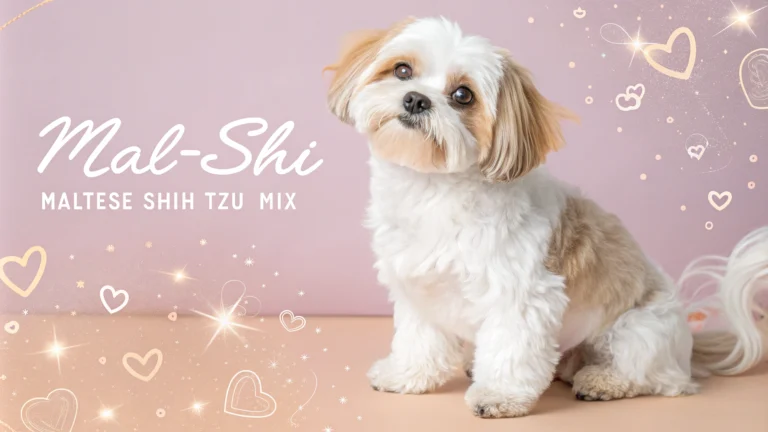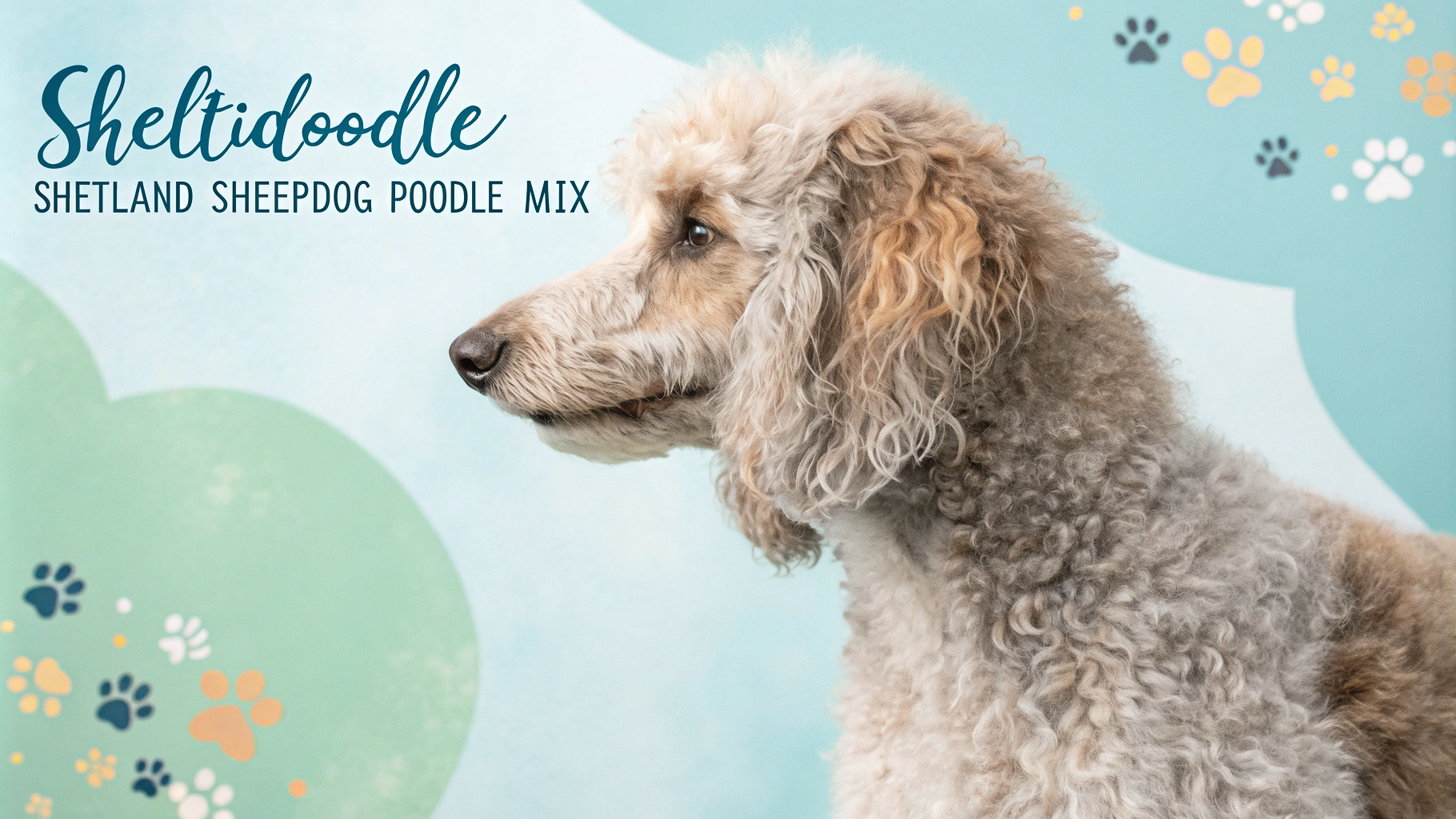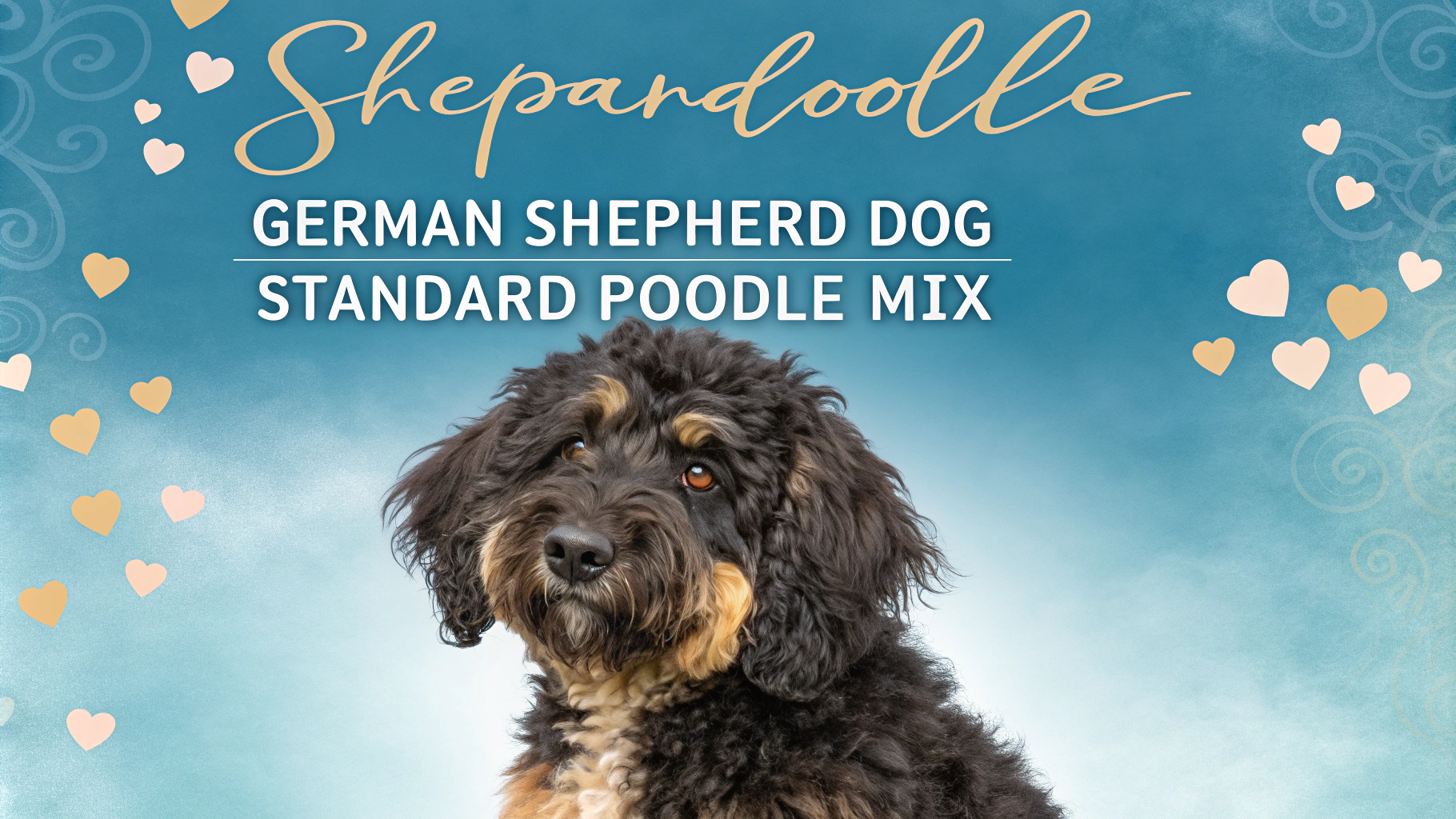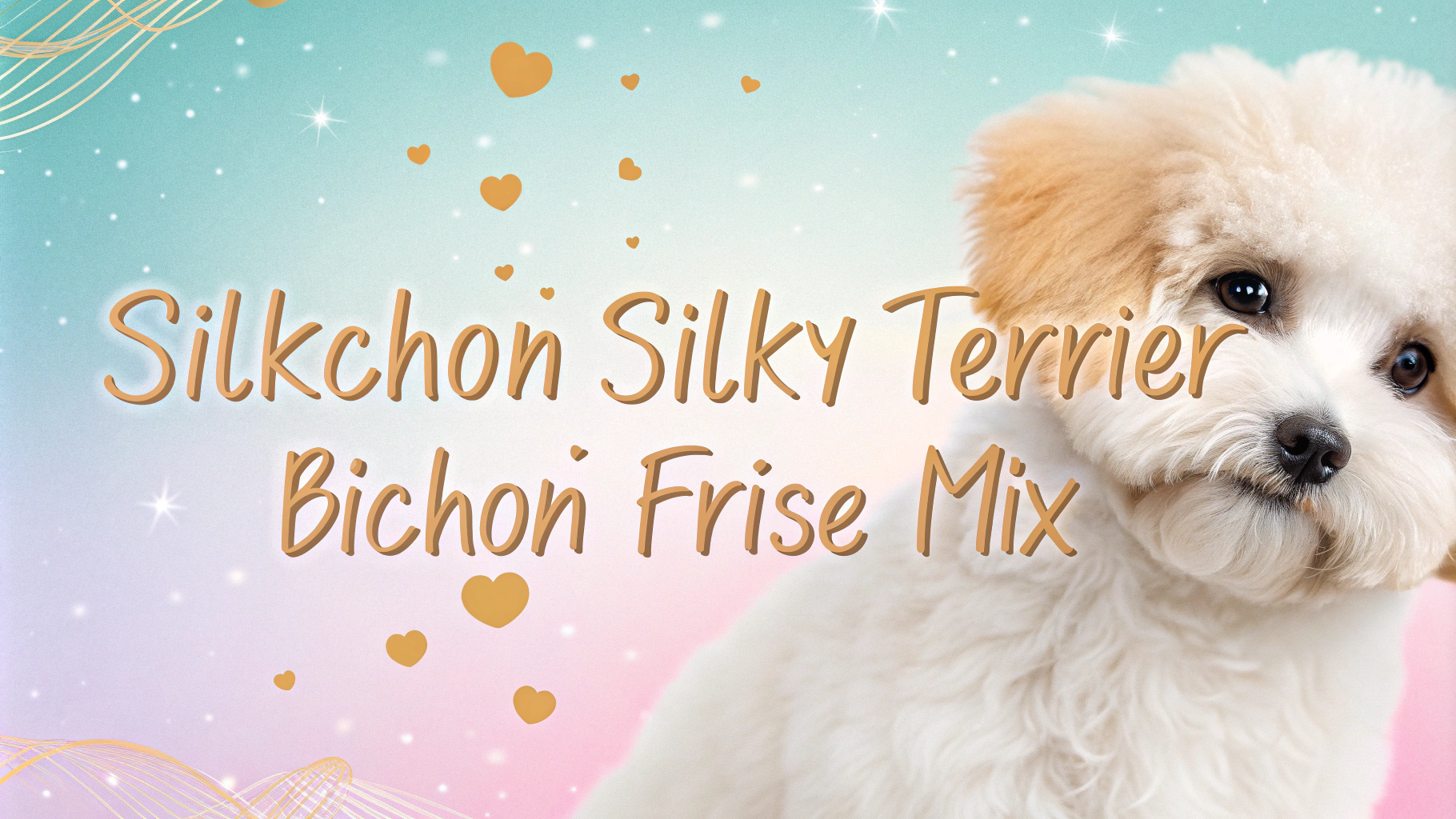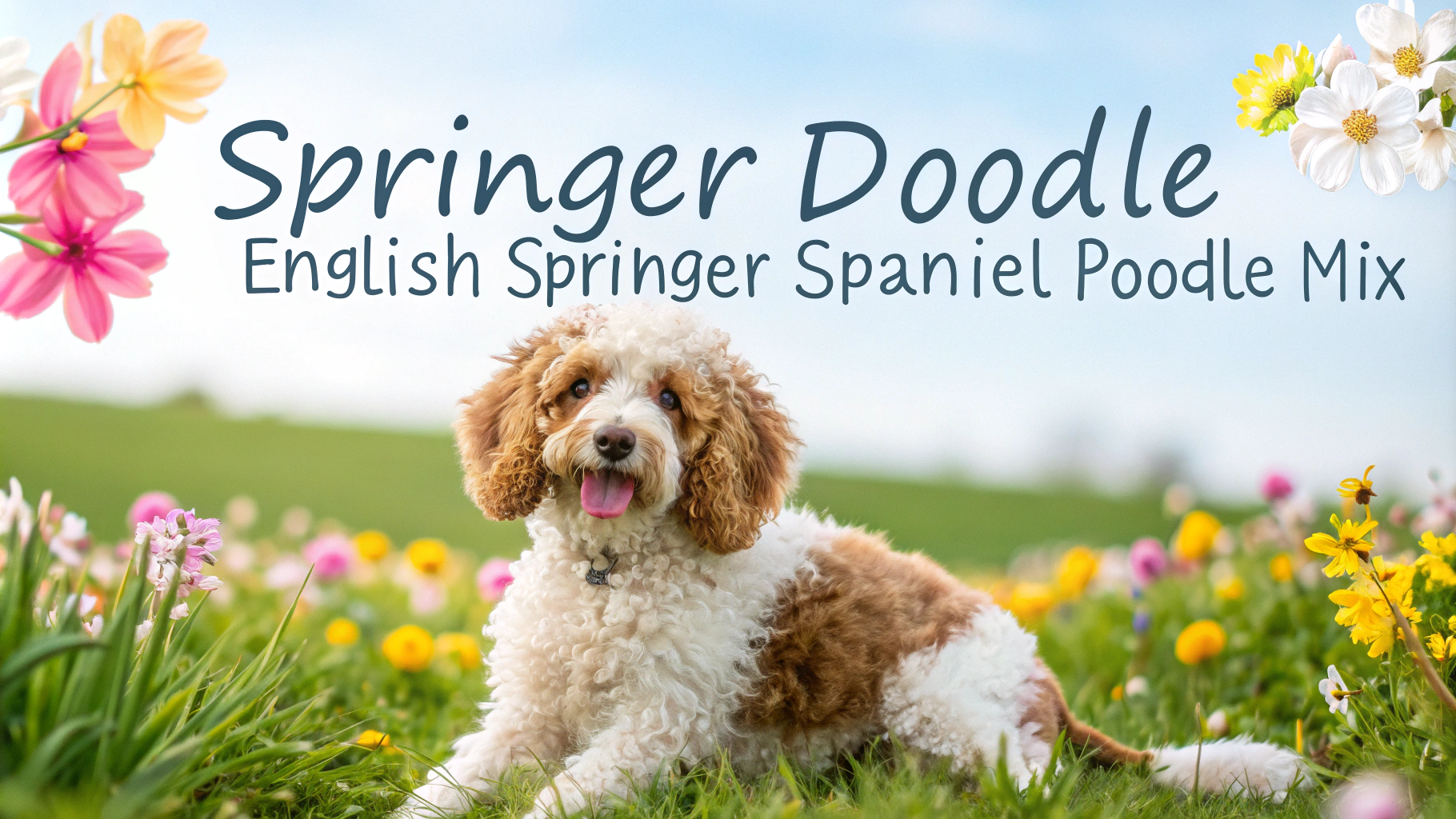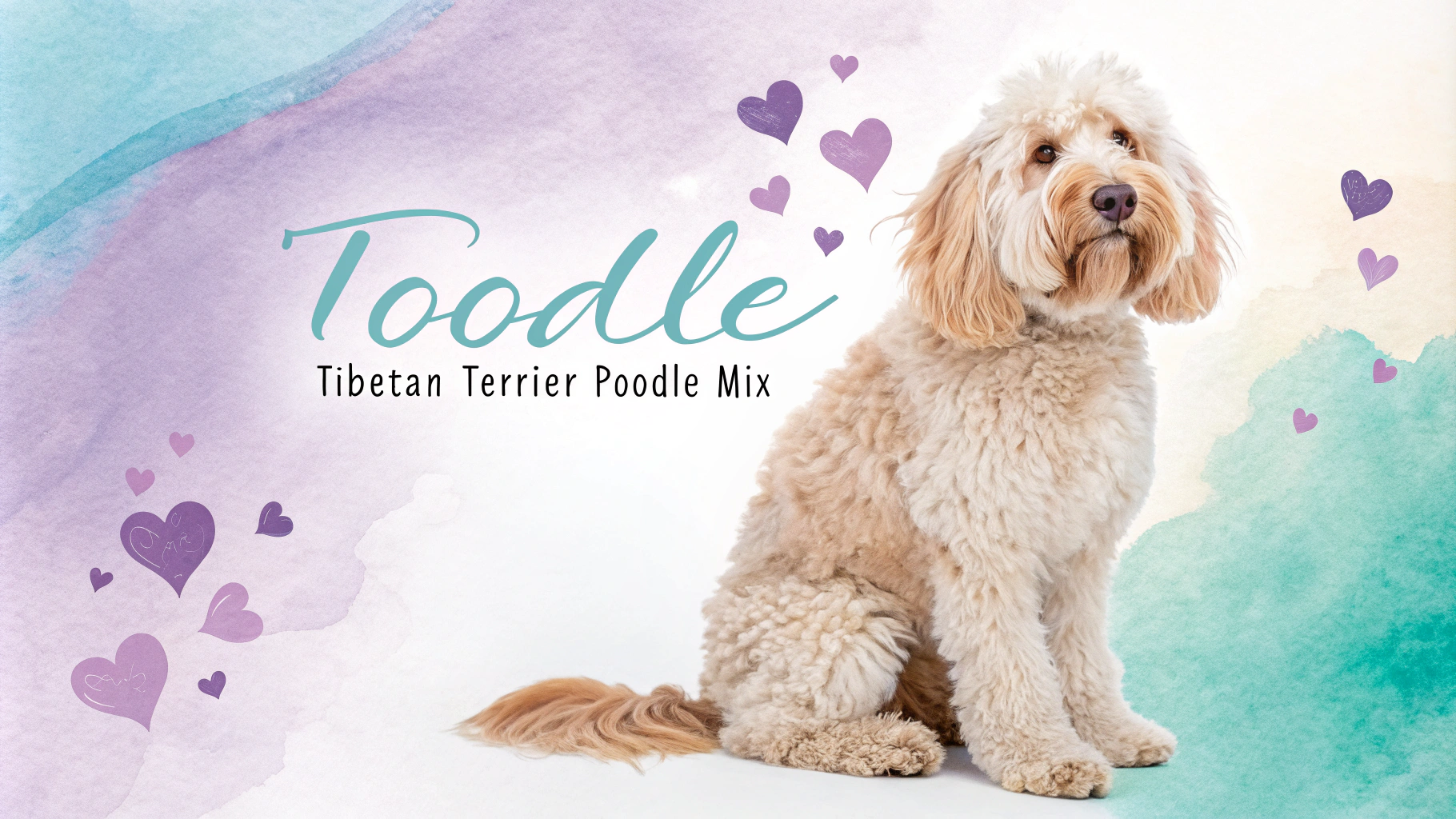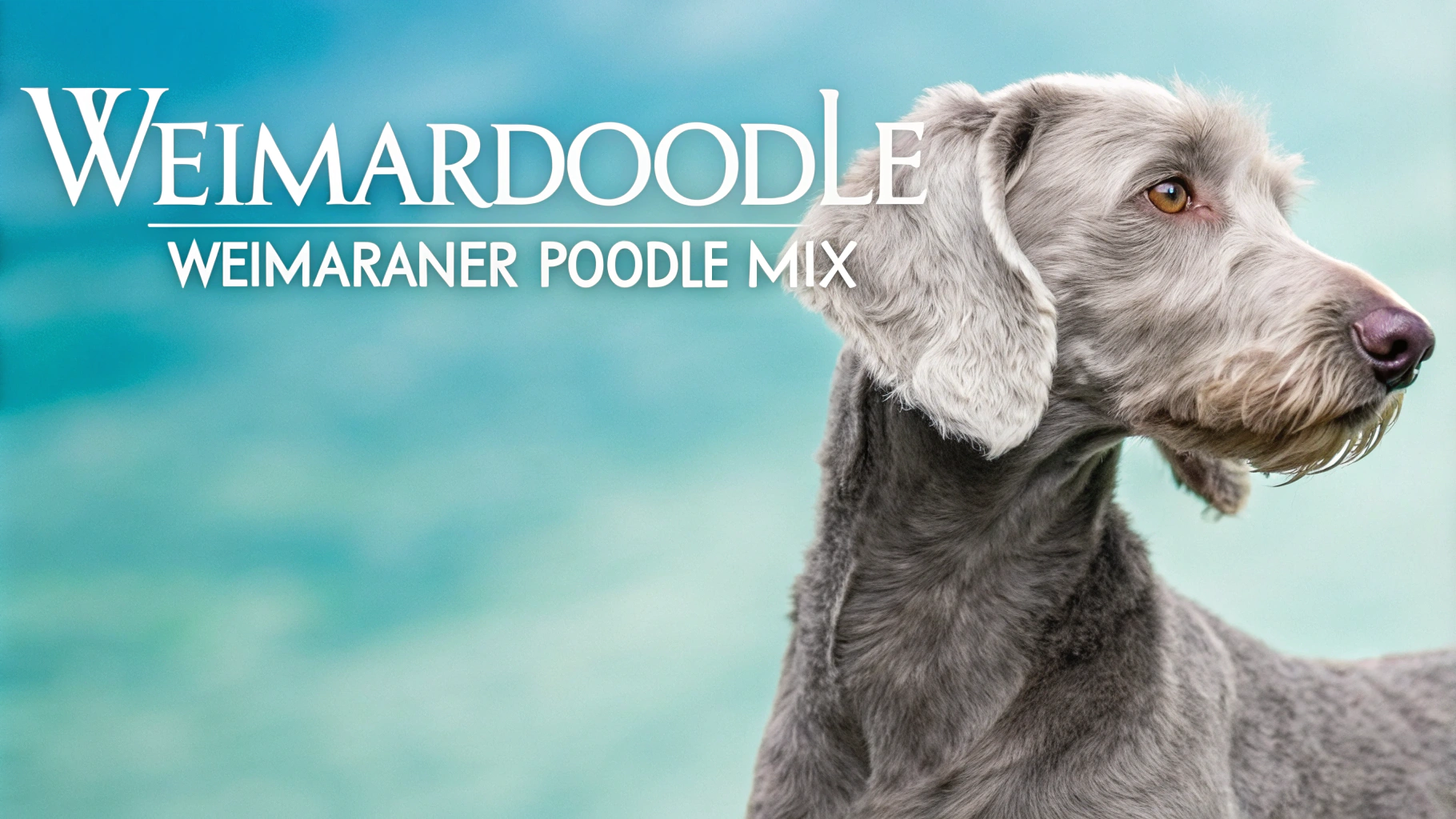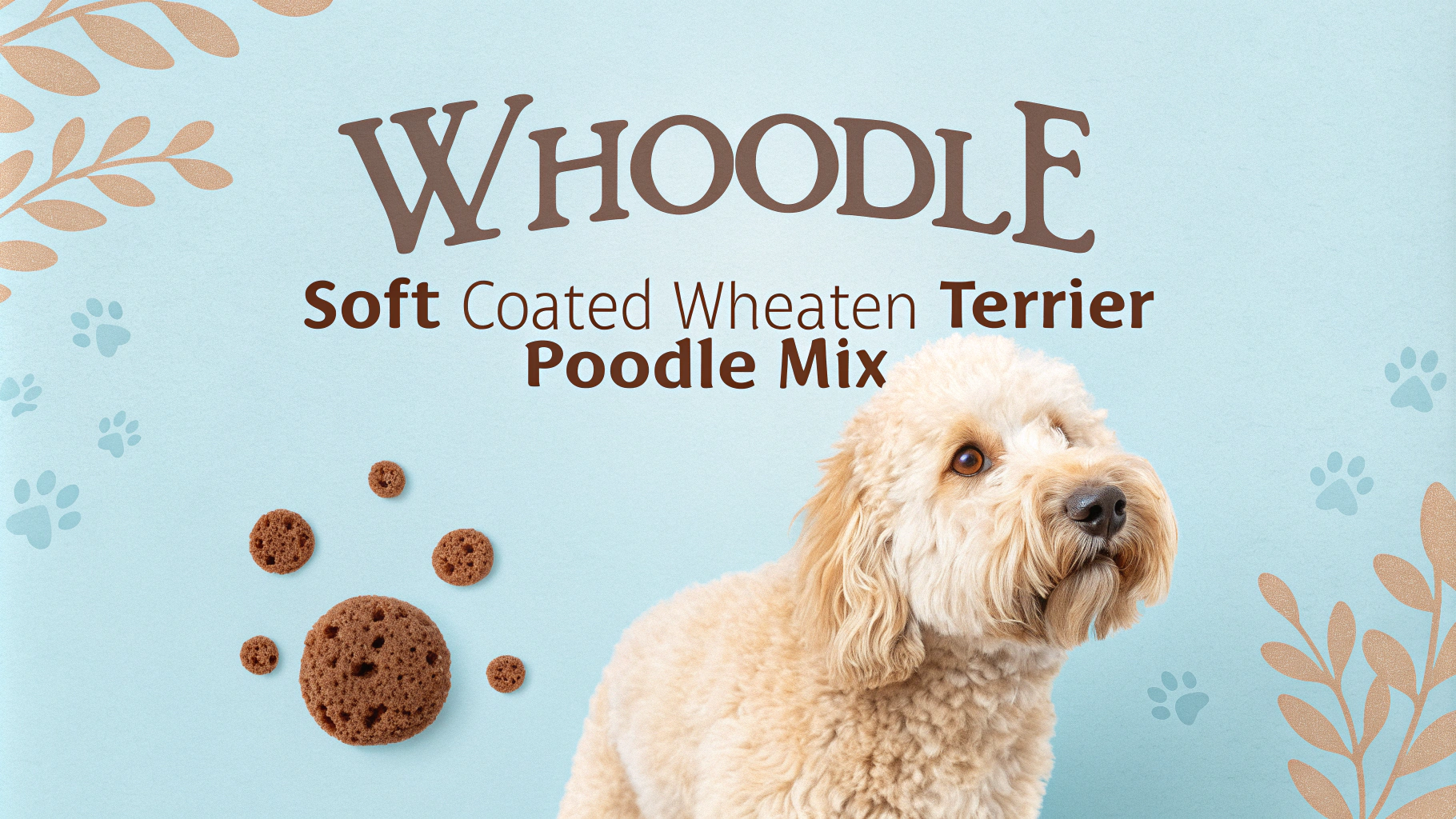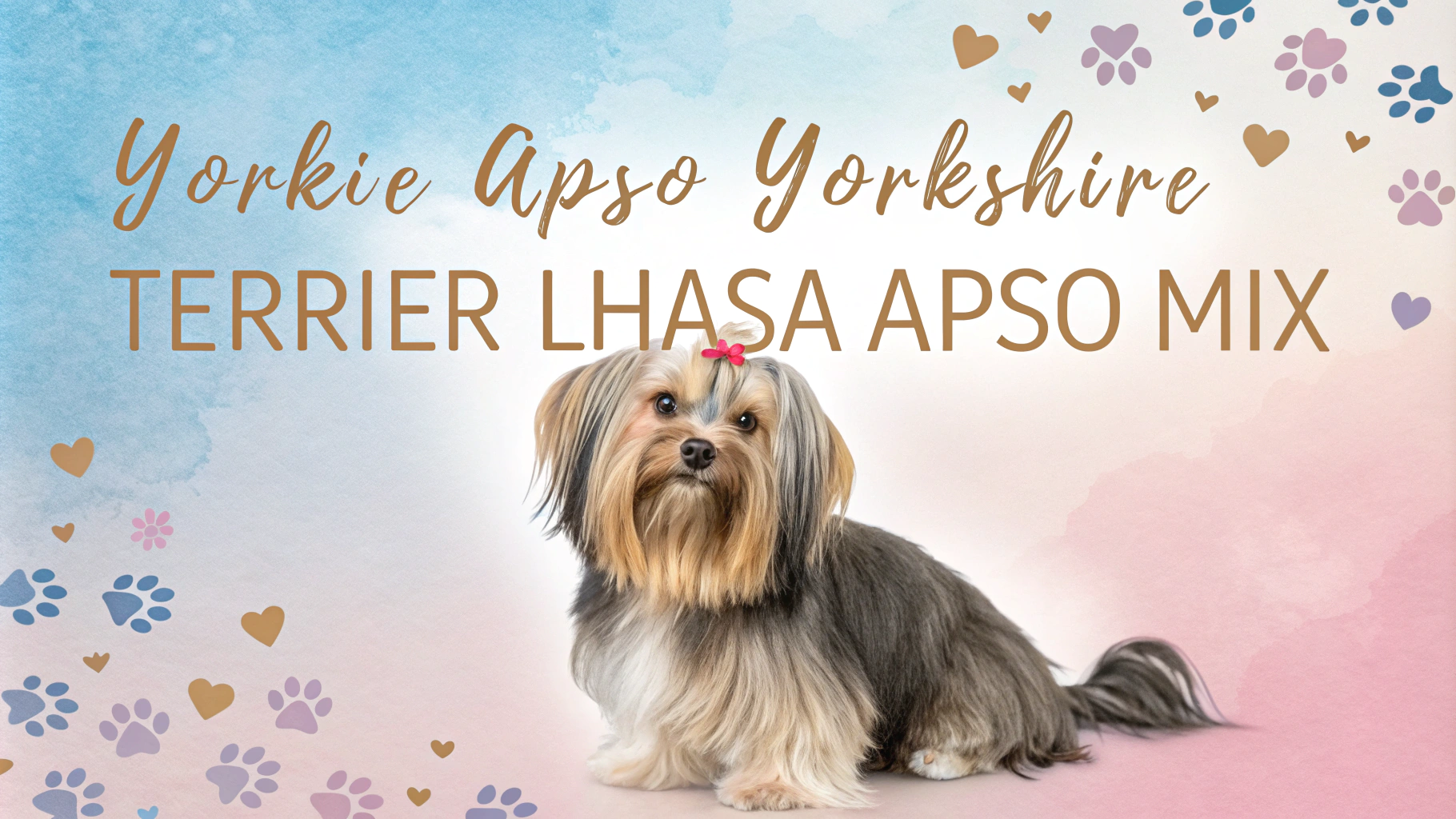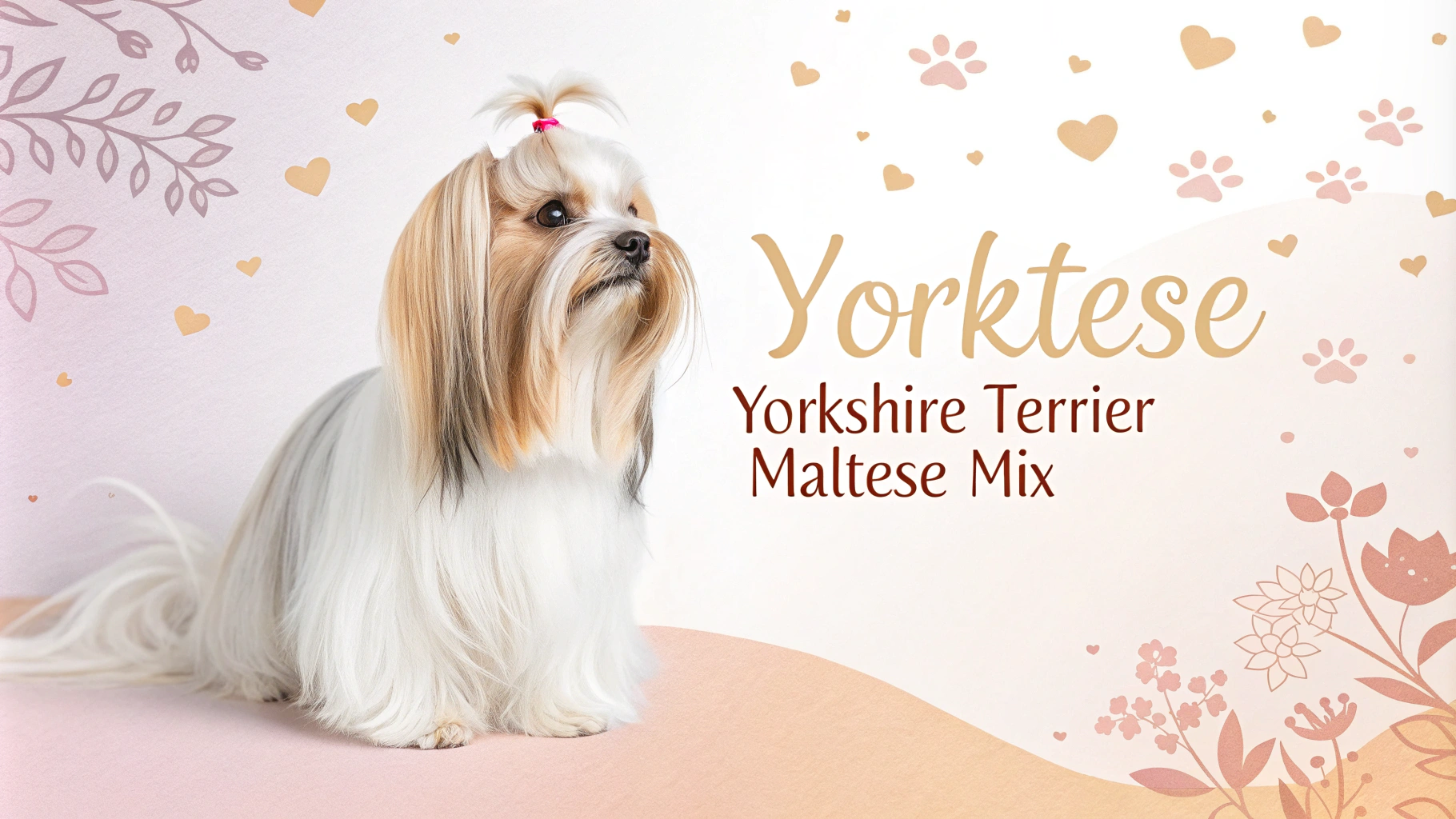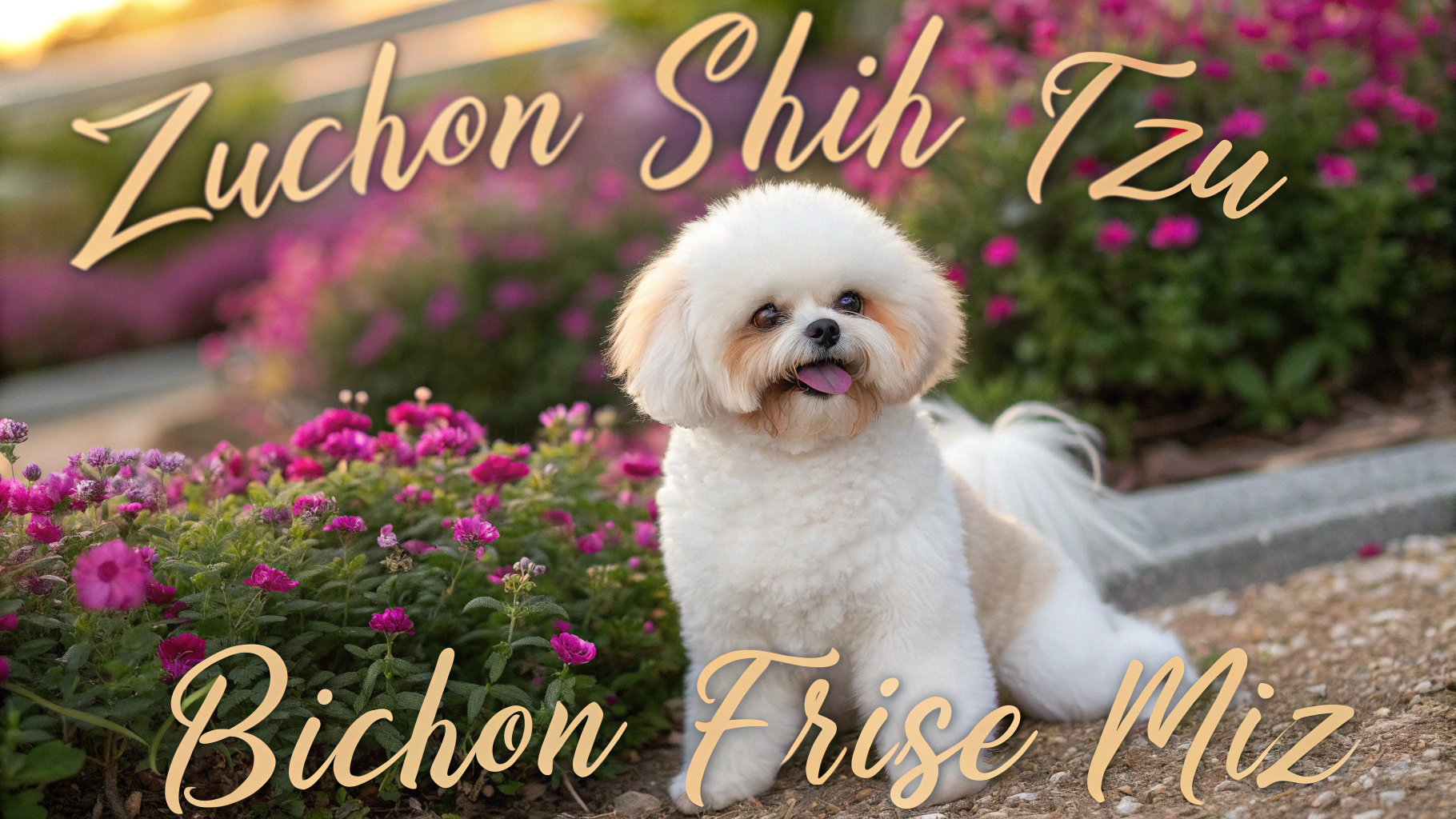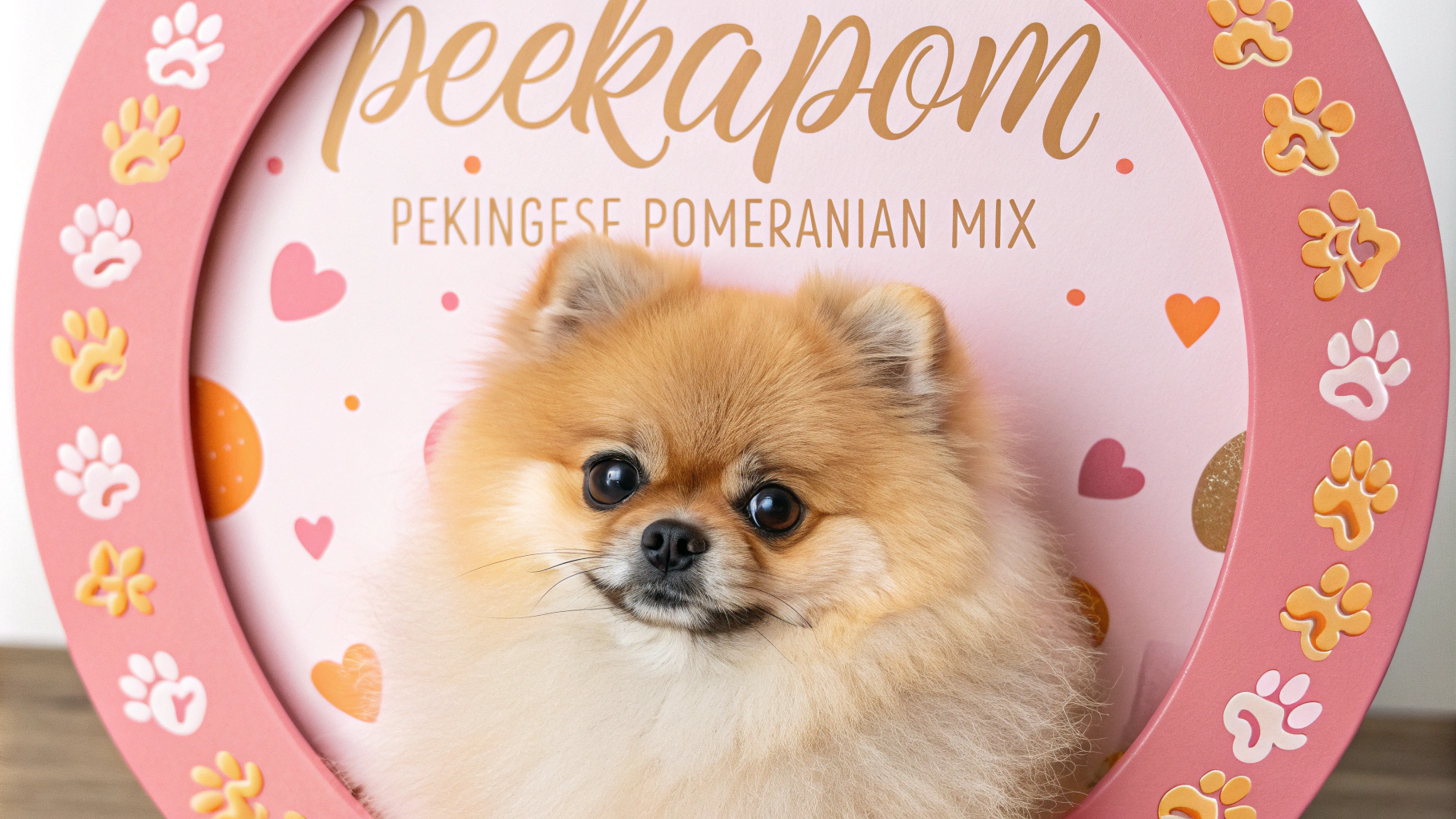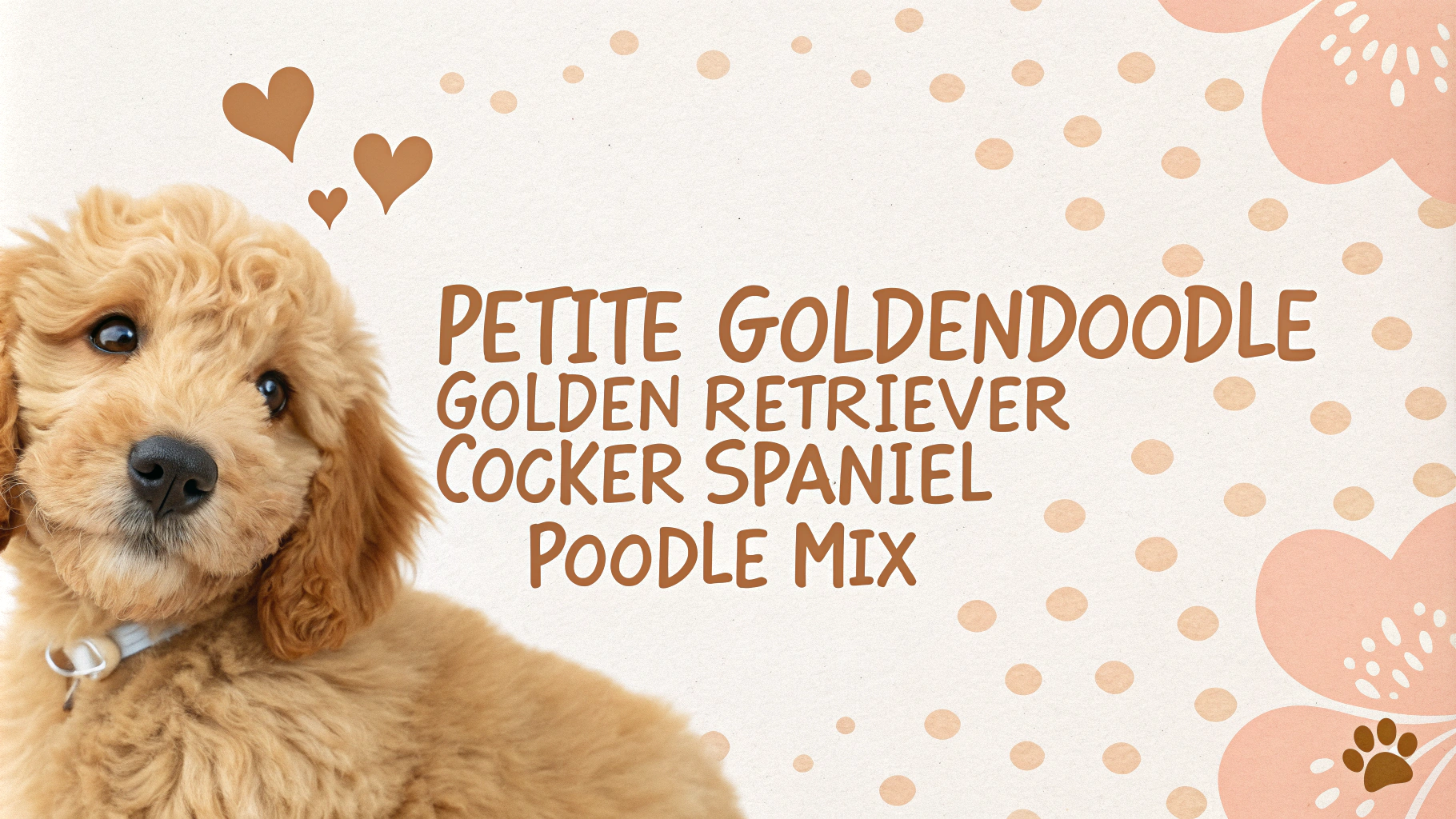The Mal-Shi is a delightful designer dog breed that combines the best traits of the Maltese and Shih Tzu. This small, affectionate companion dog is known for its adorable appearance, gentle temperament, and loyal nature. Mal-Shis are popular among apartment dwellers and families looking for a low-shedding, adaptable pet that thrives on human companionship.
Key Facts
- Size: Small (7-12 inches tall, 6-12 pounds)
- Lifespan: 12-14 years
- Coat: Long, silky, and hypoallergenic
- Colors: White, cream, tan, or multicolored
- Temperament: Affectionate, playful, and intelligent
- Exercise needs: Low to moderate
- Grooming: High maintenance
- Training: Generally easy to train
Character Traits
Mal-Shis are known for their friendly and affectionate nature, making them excellent companion dogs. They inherit the Maltese’s devotion and the Shih Tzu’s playful spirit, resulting in a well-rounded personality. These dogs are typically good with children and other pets, though early socialization is important. Mal-Shis are intelligent and eager to please, which makes them relatively easy to train. However, they can sometimes be stubborn, a trait inherited from the Shih Tzu side.
Despite their small size, Mal-Shis are often confident and outgoing. They enjoy being the center of attention and thrive on human interaction. These dogs can develop separation anxiety if left alone for long periods, as they form strong bonds with their families. Mal-Shis are generally alert and may bark to announce visitors, making them good watchdogs. However, they are not typically aggressive and are more likely to greet strangers with enthusiasm than suspicion.
History & Origins
The Mal-Shi is a relatively new designer dog breed, likely originating in the United States within the last few decades. The exact date of origin is unclear, as is often the case with hybrid breeds. The Mal-Shi was created by crossing a Maltese with a Shih Tzu, with the goal of combining the best traits of both breeds and potentially reducing some of the health issues associated with purebreds.
To understand the Mal-Shi’s background, it’s important to look at the history of its parent breeds. The Maltese is an ancient breed with roots tracing back over 2,000 years to the island of Malta. They were prized as companion dogs among nobility and royalty throughout Europe. The Shih Tzu, on the other hand, originated in China and was developed as a companion dog for Chinese royalty. Both breeds have long histories as beloved lap dogs, which contributes to the Mal-Shi’s excellent disposition as a family pet.
While not recognized by major kennel clubs as a standardized breed, the Mal-Shi has gained popularity as a designer dog. Its hypoallergenic coat and friendly nature have made it a favorite among allergy sufferers and those seeking a small, affectionate companion. As with many hybrid breeds, the Mal-Shi continues to evolve, with breeders working to establish consistent traits and characteristics.
Health Concerns
The Mal-Shi, like many mixed breeds, can inherit health issues from both parent breeds. Common health concerns include:
- Dental problems: Due to their small size, Mal-Shis may be prone to dental overcrowding and tooth decay.
- Eye issues: Inherited from both parent breeds, conditions like cataracts and progressive retinal atrophy may occur.
- Patellar luxation: A condition where the kneecap dislocates, common in small breeds.
- Respiratory issues: Due to their Shih Tzu lineage, some Mal-Shis may have a slightly shortened muzzle, potentially leading to breathing difficulties.
Regular veterinary check-ups, dental care, and eye examinations are crucial for maintaining the health of a Mal-Shi. It’s also important to source puppies from reputable breeders who conduct health screenings on their breeding dogs.
Exercise Needs
Mal-Shis have moderate exercise needs, making them suitable for various lifestyles. Their exercise requirements include:
- Daily walks: 20-30 minutes of walking per day is typically sufficient.
- Indoor play: Interactive games and toys can provide mental and physical stimulation.
- Short bursts of activity: Mal-Shis enjoy brief periods of energetic play throughout the day.
While they don’t require intense exercise, regular activity is important to maintain a healthy weight and prevent boredom-related behaviors. Mal-Shis are adaptable and can adjust their energy levels to match their owner’s lifestyle, making them suitable for both active individuals and those with a more relaxed pace of life.
Space Requirements
The Mal-Shi is a small breed that adapts well to various living situations:
- Apartment living: Their compact size makes them excellent apartment dogs.
- Small homes: They thrive in cozy spaces and don’t require large yards.
- Outdoor access: While not essential, a small enclosed area for safe outdoor play is beneficial.
Despite their small size, Mal-Shis still need dedicated indoor space for their bed, toys, and feeding area. They enjoy being close to their family and may follow their owners from room to room. While they can adapt to various living situations, it’s important to ensure they have enough space to move around comfortably and engage in indoor play activities.
Nutrition & Feeding
Proper nutrition is crucial for maintaining the health and vitality of a Mal-Shi. Key considerations include:
- High-quality dog food: Choose a premium small breed formula appropriate for their life stage (puppy, adult, senior).
- Portion control: Mal-Shis can be prone to obesity, so measure meals carefully and avoid overfeeding.
- Feeding schedule: Two to three small meals per day are typically recommended for adult Mal-Shis.
- Special dietary needs: Some Mal-Shis may have food sensitivities or allergies, requiring specialized diets.
Consult with a veterinarian to determine the best diet plan for your Mal-Shi, taking into account their age, weight, activity level, and any health concerns. Fresh water should always be available, and treats should be given in moderation to prevent weight gain. Regular monitoring of your dog’s weight and body condition can help ensure they maintain a healthy physique throughout their life.
Grooming Tips
Mal-Shis require regular grooming to maintain their soft, silky coats and prevent matting. Daily brushing is recommended to remove tangles and distribute natural oils throughout the coat. Use a pin brush or slicker brush, followed by a wide-toothed comb to ensure thorough grooming. Bathing should be done every 3-4 weeks or as needed, using a gentle dog shampoo suitable for their sensitive skin.
Pay special attention to the following areas:
- Eyes: Clean around the eyes daily with a damp cloth to prevent tear staining.
- Ears: Check and clean weekly to prevent infections.
- Teeth: Brush 2-3 times a week to maintain oral hygiene.
- Nails: Trim every 2-3 weeks or as needed.
Consider professional grooming every 6-8 weeks for a thorough clean and trim. Some owners opt for a “puppy cut” to keep the coat more manageable. Regular grooming sessions also provide an opportunity to check for any skin issues or abnormalities.
Training Approach
Mal-Shis are intelligent and eager to please, making them generally easy to train. However, they can inherit the stubborn streak of the Shih Tzu parent, so consistency and patience are key. Begin training and socialization early to ensure a well-behaved adult dog.
Effective training methods include:
- Positive reinforcement: Use treats, praise, and play as rewards for good behavior.
- Short, frequent sessions: Keep training periods to 5-10 minutes to maintain focus.
- Gentle approach: Avoid harsh corrections, as Mal-Shis can be sensitive.
- Socialization: Expose them to various people, animals, and environments from a young age.
Focus on basic obedience commands like sit, stay, come, and leash training. Crate training can be beneficial for housebreaking and providing a safe space. Address potential behavioral issues such as excessive barking or separation anxiety early on. Remember that Mal-Shis thrive on human companionship, so incorporate training into daily interactions and playtime for best results.
